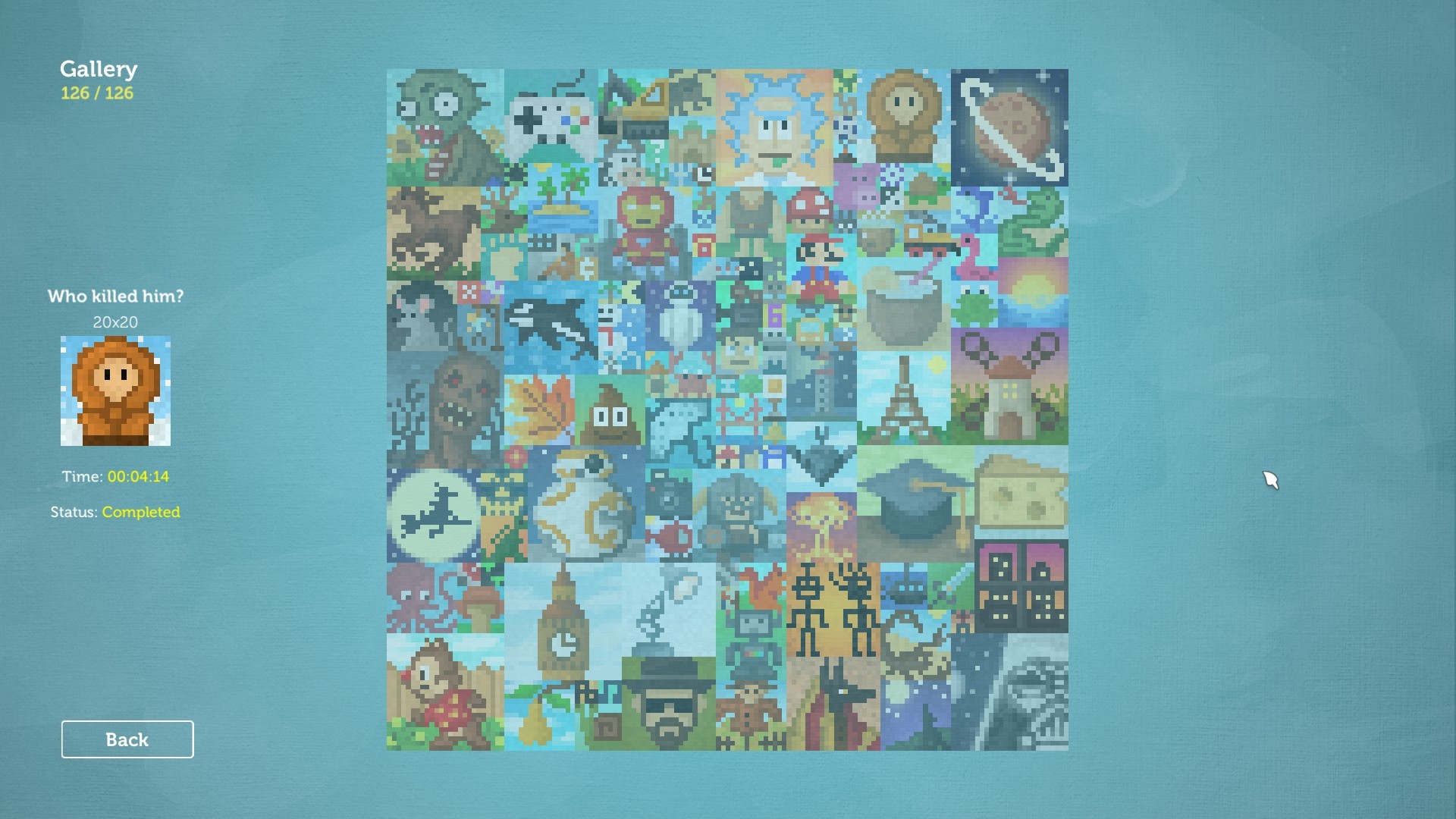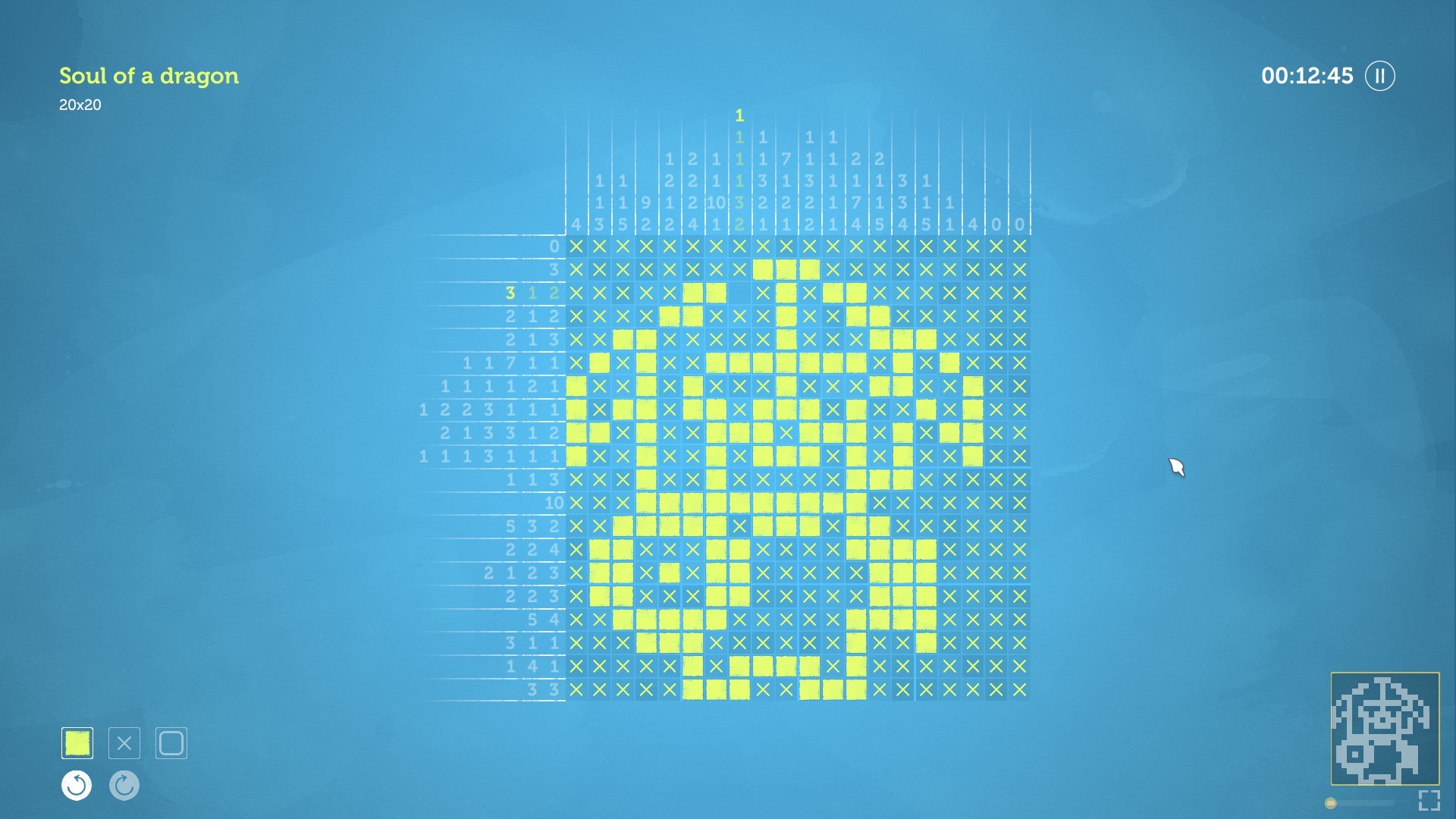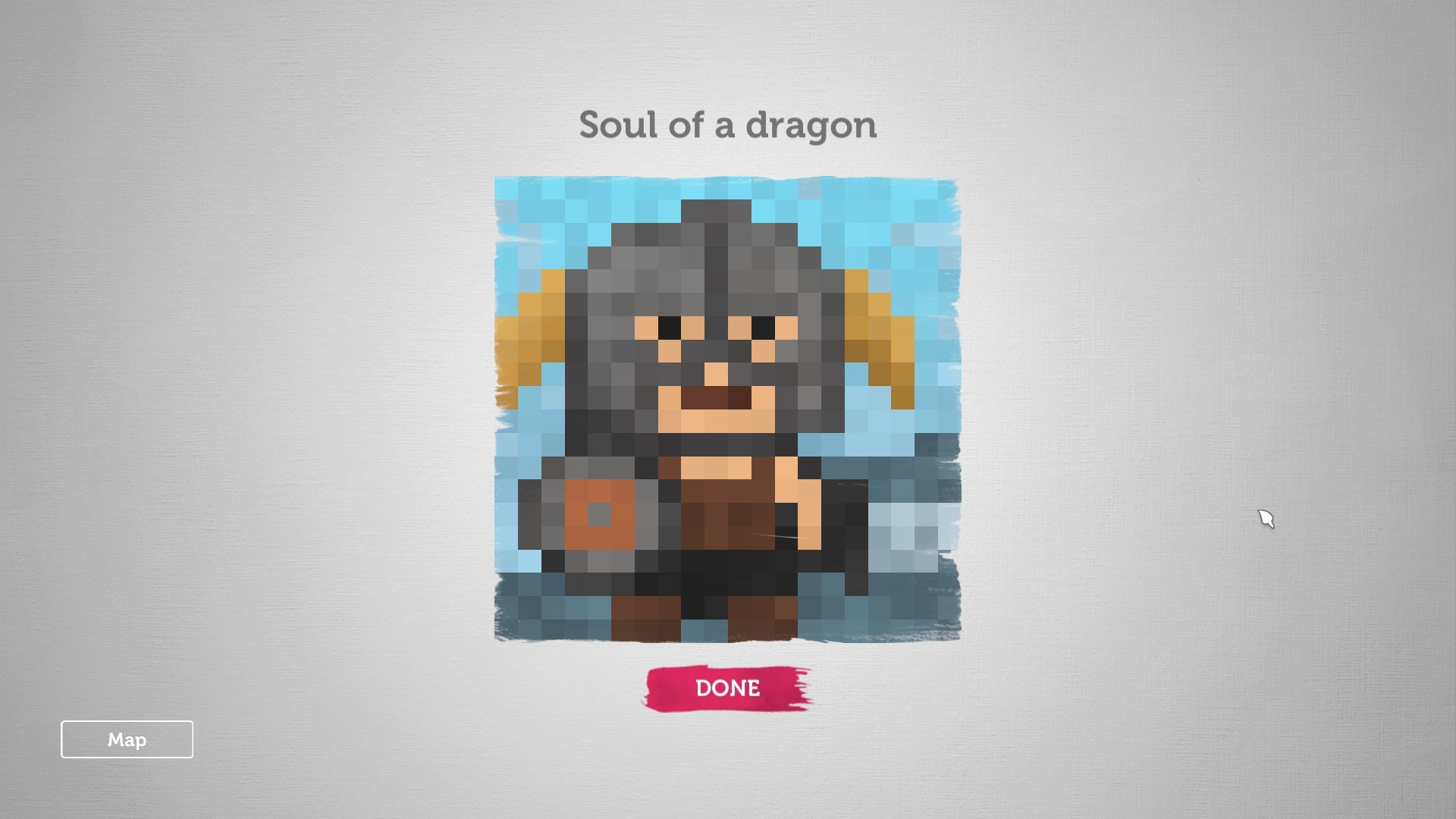I spent a week with Agents of Mayhem, and I ... really wanted to like it. Its fundamental mechanics are fun enough, and it has a bunch of cool ideas for expanding Volition's typical comfort zone. But all of that ambition is brought low by major missteps -- often, confusing missteps, given what Saints Row IV achieved.
AoM's overall theme is the biggest disappointment, to me. It's set up like a Saturday morning cartoon, particularly G.I. Joe, with a collection of Mayhem's "good guys" teaming up against the army of Legion's "bad guys." It even has some pithy loading-screen tips to parody the old "Knowing is half the battle" PSAs. But the parody is extremely thin: the game's story plays out more like a grown-up retelling of a cartoon. Characters may drop an F-bomb every now and then, but it's otherwise just as melodramatic and predictable as a children's show.
It baffles me why AoM has completely discarded the over-the-top silliness of the Saints Row games. That same irreverence would have worked perfectly here, mocking how the Agents are so geographically distributed, or how the villain always escapes at the last second; but instead of mockery, dildo bats, or Mayor Burt Reynolds, it just has flat characters in a bland setting. And villains that actually escape at the last second.
A handful of the character backstories are funny on paper -- like Hollywood, the actor who needed protection after fumbling with a real gun on set; or Daisy, the roller-derby girl whose intro mission is being blackout drunk. But even in most of these cases, AoM's story is delivered in a no-nonsense tone, and its humor is an all-too-brief respite from the banality of the mission.
So the theme is a bust. At least there's a solid game underneath it, right? Well... sometimes.
The running-and-gunning mechanics descend directly from Saints Row and Red Faction. Third-person aiming has gotten better, but it's still not perfect. Jumping works ... well-enough. Driving is serviceable, but still not as sophisticated as, say, GTA 4.
What makes AoM's action-gameplay interesting is its set of damage strengths and weaknesses, along with diverse buffs and debuffs. As the challenge level ramps up, you'll need to know how to use the right characters, abilities, and tactics against various enemies and situations. These fundamentals work really well, and learning them is a few hours of good fun.
Unfortunately, these mechanics are let down by the lackluster content surrounding them. Said content comes in three flavors:
Dungeons, which are thoroughly, overwhelmingly bland. They're always full of empty corridors and samey battle-chambers. They're so repetitive that I assume they were randomly generated from a small selection of rooms and hallways.
The city of Seoul, which - while it's an "open" world - isn't fun to explore, due to being crowded by tall buildings. (That'd be fine if you had Saints Row IV superpowers, or Crackdown super-jumps! but you don't, so buildings just get in the way.)
And some isolated events and hot-spots in the open city, which are as copy-and-paste as the dungeons.
I felt like the environment design wasn't engaging enough to support the amount of time I spent in it, especially in dungeons. AoM employs amateurish techniques of stretching its content further: like filling dungeons with room after room of wave-based encounters, or missions that ask you to drive all the way across the city, then back again. Or the Ark headquarters, which frequently interrupts the flow of the game.
Want to change your three-agent loadout? Need to jump to the Ark, then warp back to the city -- with a loading screen on each. Want to build and equip a tech upgrade you just found? Need to jump to the Ark, then warp back to the city. Want to send an agent on a new Global Conflict mission? Need to jump to the Ark...
That "Global Conflict" mode, by the way, is the worst attempt I've seen yet at an asynchronous time-management minigame. You send some agents off to do a timed mission, after which they bring back some reward and unlock more missions. Right? Assassin's Creed has been doing this since Brotherhood - in 2010 - and AoM's implementation is worse, in difficult-to-understand ways.
The Global Conflict world map is split into multiple regions. To start, the East Asia region is unlocked; all the rest are locked. To unlock a new region ... you need to do all the missions in your current region. Hence: you can only have one region unlocked at a time. Why even have a world map?
Agents don't gain experience points when they're sent on these missions. They're just unable to be deployed. (And remember, you need to go back to the Ark after the mission to get them back!)
And once you finally finish all the regions, you can storm Legion headquarters in Moscow ... which is yet another bland and samey dungeon, with no narrative significance whatsoever. After finishing the HQ, the Global Conflict map resets, "allowing" you to start it all over again.
Even the checklist-ey nature of AoM's open world - a quality I usually enjoy for its own sake - is sabotaged, seemingly, to make the game more "endless." Several locations that you can conquer or claim in Seoul are reclaimed by Legion, as a consequence of continuing to fight them in the city.
Between the insipid story, dull environments, and continuously-reset objectives, Agents of Mayhem fails to establish a meaningful goal to play towards. Other than perhaps unlocking all the agents. Having done that, my motivation to continue has dried up.
Which is a shame, because the core action mechanics of the game are really not bad. They just aren't enough to keep me interested in the rest of AoM's campaign.
I hope that Volition's next game gets the creative budget (and time) it needs to build on AoM's half-baked ideas.
Better than: arguably, the first Saints Row (X360).
Not as good as: Saints Row 2, The Third, IV, or even Gat Out of Hell.
I failed to care about most of the agents: but I might spring for a spinoff game about Daisy.
Progress: 73% -- Campaign: 60%, Agency: 94%, Assets: 65%


